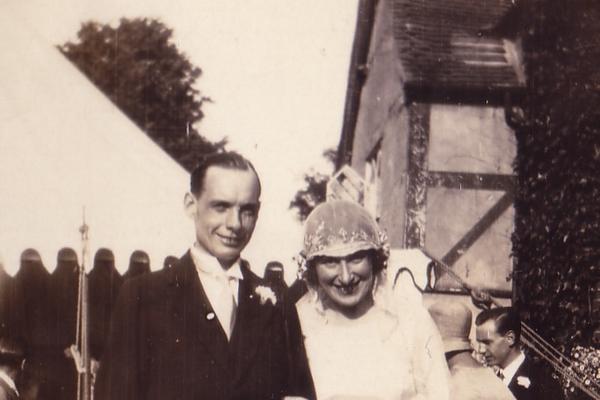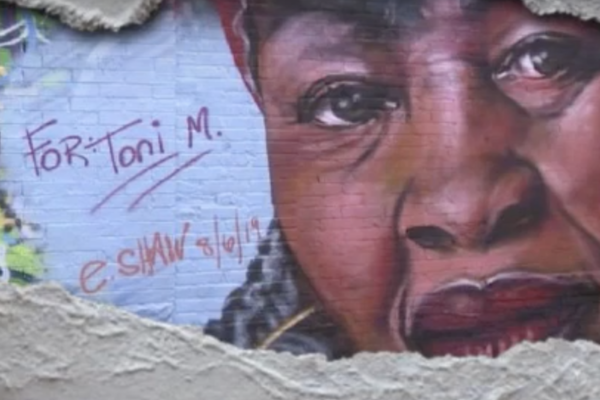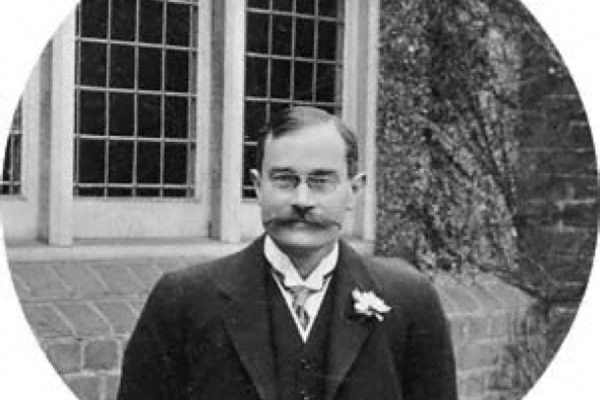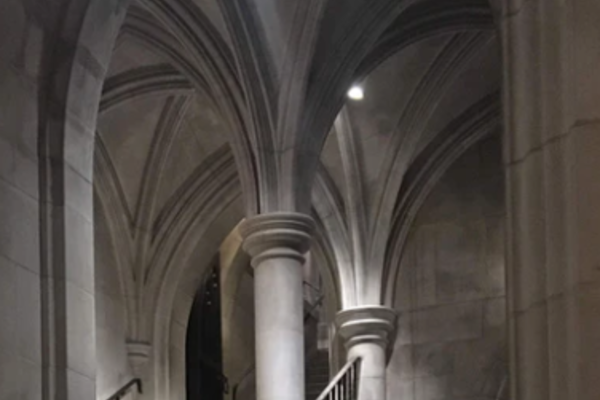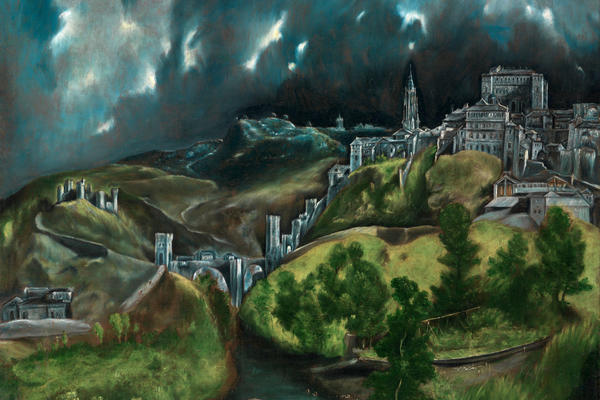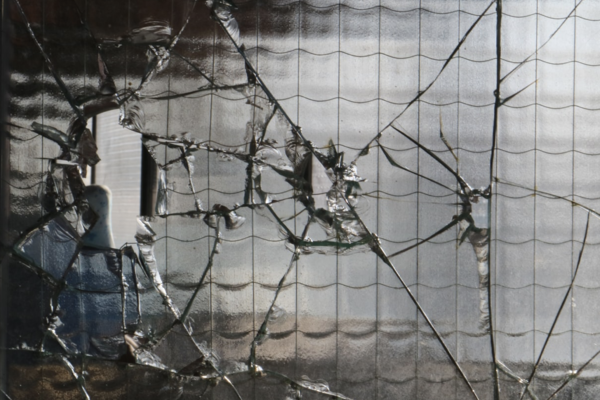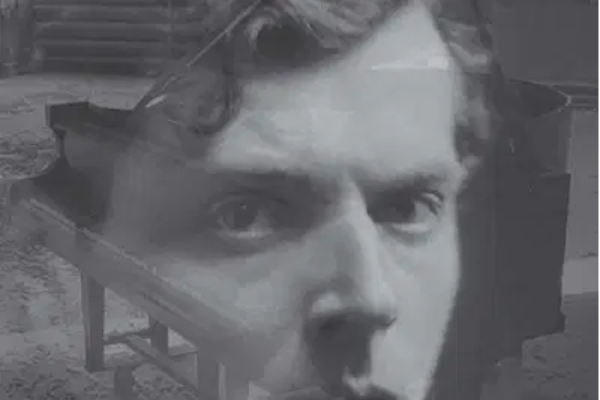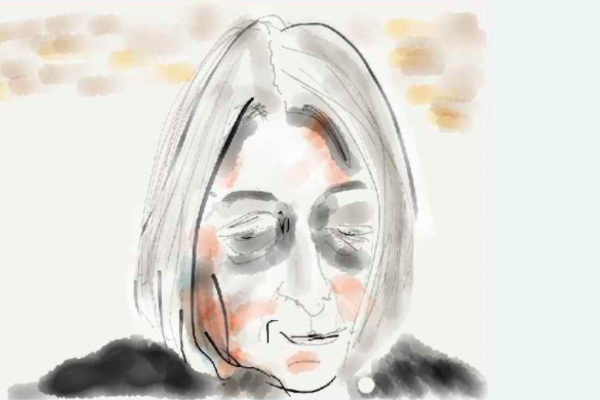Listening to Animals
Beyond Words part 1: Reflections on a workshop with the Unicorn School, Abingdon
Beyond Words part 2: Listening to Animals
Life-Writing Beyond Words is a research network and termly series of public events, hosted by Felix Appelbe, the Oxford Centre for Life-Writing, and Ocean Ambassadors, that explores how we move between words and the non-verbal.
Life-writing is the study of lives, through letters, diaries, performance, memoir, autobiography and biography. But it frequently has to negotiate the non-verbal, for instance when describing the creative minds of composers, choreographers or artists, capturing the sound and light of childhood, or eavesdropping on the world of animal experience. How can these worlds be captured in words?
We are addressing this challenge by convening a network that spans many disciplines, bringing together academics, practitioners and performers who would otherwise not meet. Free-thinking lectures and laboratories will forge new pathways between the verbal and the non-verbal, journeying towards innovative experimental and performative methodologies.
This is the second in a termly series exploring the non-verbal in life-writing, with contributions from Martin Bencsik, Katherine Collins, Eleanor Morgan, Olivier Adam and Aline Penitot.
What can life-writing learn from the expressive forms of the animal kingdom? An interdisciplinary panel of artists and scientists convene to ask: what is the sound of a spider web? How do the vibrations of bees spread news? What do humpback whales make of human music, and how might human poetry learn from birdsong?
About the speakers
Olivier Adam is a specialist in Signal Processing and Bioacoustics, he studies the cetacea species, and especially their emitted sounds in order to inform about their behaviors, their interactions, and their distributions. He is also interested in the potential effects of human activities.
Martin Bencsik has given a colony of honey bees a cello in which to set up their hive. He is researching the vibrations and sounds made by the bees using the instrument in his West Bridgford garden. He hopes to raise awareness of the deeper roots underlying the decline of the species.
Katherine Collins is a poet from Bristol. Her writing has appeared, or will appear, in The Rialto, Beyond Words Magazine, Shearsman, Finished Creatures, Ink Sweat & Tears, and Anthropocene Poetry. Her debut pamphlet, 'For the Apocalypse Team', was shortlisted in the 2020 Rialto competition.
Eleanor Morgan is a Lecturer in Fine Art. She uses printmaking, drawing, performance, sculpture and video to examine materials and processes of making across species. Her book ‘Gossamer Days: Spiders, humans and their threads’ examines the history of the human uses of spider silk, from royal underwear in Europe to sticky silk tunics in the South Pacific.
Rachel Murray is a Leverhulme Early Career Fellow in the School of English at the University of Sheffield. Her first monograph 'The Modernist Exoskeleton: Insects, War, Literary Form’ (2020) demonstrates the importance of insects in modernism’s aesthetic innovations, and she is now examining the presence of marine life in modern and contemporary literature.
Aline Pénitot is a sailor, radio documentary writer and concrete music composer regularly praised by the press. She is engaged in art-science-environnement projects, and runs the GuiWhi (Gestural Underwater Interface Whale Human Interface) project with Olivier Adam, Fabienne Delfour and Diemo Schwartz.
Kat Rahmat is a Malaysian artist and writer currently pursuing her PhD, which focuses on temporality as a method of attuning to nonhuman animals. She is interested in how epistemic frameworks govern cultural meaning, and her creative work studies the unspoken politics of mysticism in Malaysia. You can see her work here.
Fritz Vollrath is Professor at Oxford University’s Department of Zoology, with research interests ranging from spider behaviour and web ecology to silk chemistry and polymer physics. In his spare time he tracks elephants in Kenya to study their movements and decision criteria, including their fear of bees.


